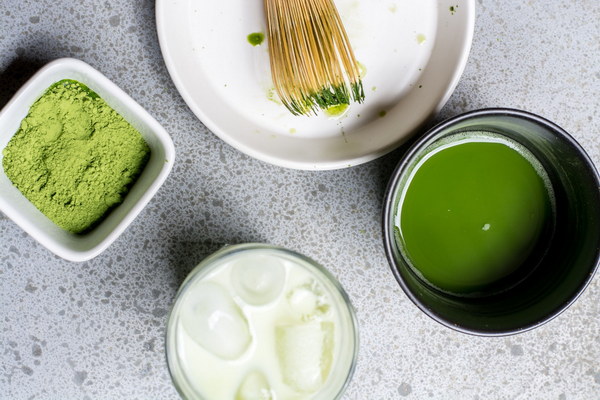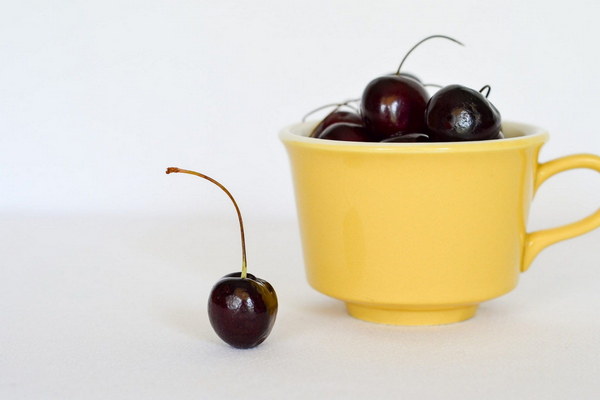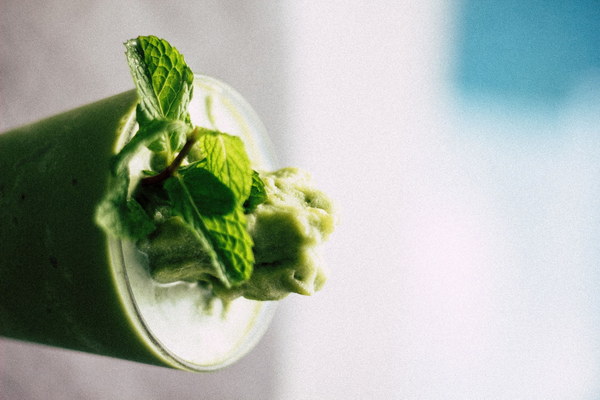Unlocking Wellness The Power of Traditional Chinese Herbs in Treating Severe Dampness
In the realm of traditional Chinese medicine (TCM), the concept of dampness is considered a common cause of various health issues. Severe dampness, in particular, can lead to a range of symptoms, from fatigue and bloating to joint pain and digestive problems. To combat this, TCM offers a variety of natural remedies, including a selection of powerful herbs specifically designed to expel dampness from the body. This article delves into the world of TCM and explores the most effective Chinese herbs for treating severe dampness.

1. Astragalus (Huang Qi)
Astragalus, or Huang Qi, is a well-known herb in TCM for its immune-boosting properties. However, it also plays a crucial role in expelling dampness from the body. This herb is often used in combination with other herbs to treat conditions such as edema, coughs, and even certain types of cancer. Its ability to enhance the body's overall energy levels makes it a popular choice for those suffering from severe dampness-related fatigue.
2. Atractylodes (Cang Zhu)
Atractylodes, or Cang Zhu, is another vital herb for treating severe dampness. This herb is commonly used to improve digestion, eliminate bloating, and reduce the accumulation of dampness in the body. Atractylodes is often prescribed in combination with other herbs, such as Poria and Alisma, to enhance its effectiveness. Its aromatic and pungent properties make it an excellent choice for those experiencing symptoms of dampness, including joint pain and water retention.
3. Poria (Fu Ling)
Poria, or Fu Ling, is a versatile herb used in TCM to drain dampness, eliminate phlegm, and promote diuresis. This herb is particularly beneficial for those suffering from water retention, edema, and other dampness-related conditions. Poria is often combined with other herbs, like Alisma and Atractylodes, to create a synergistic effect that targets severe dampness at its source.
4. Alisma (Ze Xie)
Alisma, or Ze Xie, is another valuable herb for treating severe dampness. This herb is known for its ability to promote urination and relieve edema, making it an excellent choice for those suffering from water retention and other dampness-related issues. Alisma is often used in conjunction with other herbs, such as Atractylodes and Poria, to create a comprehensive treatment plan for severe dampness.
5. Angelica (Dong Quai)
Angelica, or Dong Quai, is a well-loved herb in TCM for its ability to nourish the blood and regulate menstruation. However, it also plays a role in expelling dampness from the body. This herb is particularly beneficial for those with dampness-related symptoms, such as fatigue, bloating, and joint pain. Angelica is often combined with other herbs, like Astragalus and Atractylodes, to create a balanced formula for treating severe dampness.
In conclusion, traditional Chinese medicine offers a variety of natural remedies to treat severe dampness. By incorporating herbs such as Astragalus, Atractylodes, Poria, Alisma, and Angelica into your regimen, you can effectively alleviate the symptoms of dampness and promote overall well-being. It is essential to consult with a qualified TCM practitioner before starting any herbal treatment, as they can provide personalized advice and ensure that the chosen herbs are appropriate for your specific condition. With the right approach, TCM can help you unlock wellness and achieve a state of harmony within your body.









